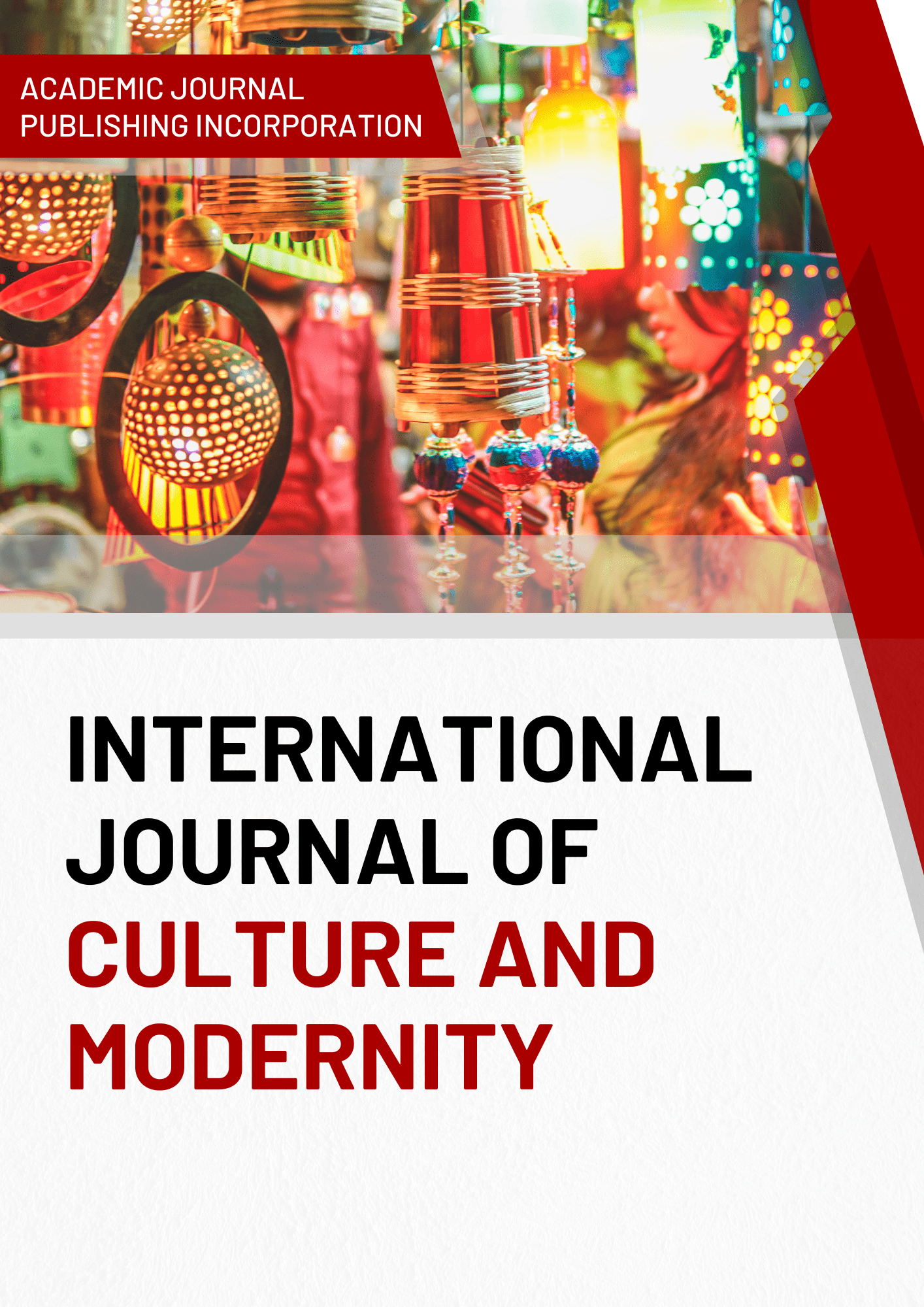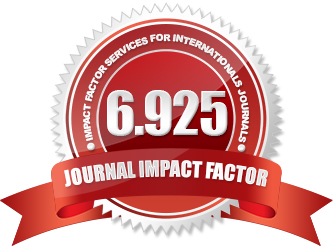Optimizing The Competence And Professionalism Of Accounting Teachers In Using Accurate Software
DOI:
https://doi.org/10.51699/ijcm.v19i.584Keywords:
Professional, Accurate, Understanding of AccountingAbstract
Based on the observations made, problems were found including accounting records that were still manual and a lack of understanding regarding accurate software. The lack of expertise in the use of technology in the accounting process creates a new problem, which is difficult to get a decent job for job seekers. Among job seekers, there are various educational backgrounds, ranging from high school graduates, vocational schools, as well as undergraduate graduates from various universities. The Muhammadiyah Sidoarjo University Community Service Center conducts training on Accurate accounting software for teachers and vocational students in Sidoarjo. Training is provided using Accurate software. The purpose of this training is to provide training to teachers and students in understanding and operating various features in Accurate related to transaction accounting which are expected to improve skills in using this software. The method in this service uses the PAR method which involves the teacher. The stages of implementing community service use the PAR method, namely initial mapping, implementation, and monitoring/evaluation. The results of the service carried out at the Muhammadiyah University of Sidoarjo went smoothly and the teachers succeeded in increasing teachers' understanding in using accurate applications.
References
S. Zubaidah, “Get to know 4C: Learning and Innovation Skills to Face the Era of Industrial Revolution 4.0.,” 2nd Sci. Educ. Natl. Conf., 2018.
I. Nasrulloh and A. Ismail, “Needs Analysis of Ict-Based Learning,” Petik J., vol. 3, no. 1, p. 28, 2018, doi: https://doi.org/10.31980/jpetik.v3i1.355.
N. Helmayunita, V. Serly, and H. N. Honesty, “PKM to improve the competence of vocational teachers in the field of computer accounting.,” Wahana Ris. Akuntansi, vol. 7, no. 2, p. 1521, 2019, doi: https://doi.org/10.24036/wra.v7i2.106935.
E. Riupassa, S. Kriekoff, and T. M. Nussy, “Accounting Computer Training Using Mind Your Own Business at the Accounting Department of Smk Negeri 6 Ambon.,” Jamak J. Community Serv. (Management Accounting), vol. 2, no. 2, pp. 126–131, 2019.
I. Novianty, S. Sudjana, Y. Yeti, A. Arie, S. Sugih, and S. Suji, “A Review of Teacher Competencies in the Accounting Computerization Field for Achieving Competency Certification (Empirical Study of MGMP Accounting Cimahi City).,” Proc. 5th Natl. Semin. Res. Community Serv., pp. 237–240, 2021.
E. Santi, R. Mustika, and Endrawati., “Improving Accounting teachers’ Competence in Teaching Computer Accounting.,” Account. Manag., vol. 15, no. 2, pp. 133–140, 2020, doi: https://doi.org/10.30630/jam.v15i2.21.
I. F. Siregar, “Training on the Use of Accounting Computer Applications as a Medium to Improve Competence and Learning for Teachers and Students of SMK N 1 Tapung.,” Train. Rev. J. Educ. Train. Manag., vol. 2, no. 3, pp. 227–232, 2019, doi: https://doi.org/10.35446/diklatreview.v2i3.311.
I. F. Siregar, I. Indarti, and I. B. Apriliyani, “Utilization of Accounting Training Computer Applications as a Media for Competency Improvement and Learning for Teachers and Students of SMK Finance Pekanbaru accounting, where the preparation of financial statements is full of innovation, flexibility, bu,” Community Engagem. Emerg. Journal, vol. 2, no. 3, pp. 102–109, 2021.
A. A. A. E. Trisnadewi, A. A. B. Amlayasa, and I. W. Rupa, “Factors Affecting the Performance of Siskeudes in Improving the Quality of Village Fund Financial Reports,” J. Account. FEB Bengkulu Univ., vol. 10, no. 1, pp. 37–52, 2020.
L. Hakim, D. F. Saefudin, S. Suhardi, R. Ratnawati, W. Witriani, and D. Meiliani, “Journal of Economic and Business Abdimas Training on Financial Recording and Reporting with Zahir Accounting Journal of Economic and Business Abdimas.,” J. Econ. Bus. Abdimas, vol. 1, no. 2, pp. 105–113, 2021.
M. W. Affan, D. Irawan, T. F. Laili, A. R. A. Rahmawati, and L. F. Insani, “Training and Assistance in Making Practicum Modules Based on Accounting Software.,” J. Community Serv. to Radisi, vol. 1, no. 3, pp. 197–202, 2021, [Online]. Available: https://jurnal.radisi.or.id/index.php/PKMRADISI/article/view/80
D. Darwis et al., “Electronic Filing Training (E-Filling) for Village Officials in Pekon Sukanegeri Jaya.,” J. Soc. Sci. Technol. Community Serv., vol. 3, no. 1, p. 108, 2022, doi: https://doi.org/10.33365/jsstcs.v3i1.1946.
D. Damayanti, H. Sulistiani, B. Permatasari, E. Umpu, and T. Widodo, “Application of Savings Technology for Students at Ar Raudah Elementary School Bandar Lampung,” J. Informatics Comput., vol. 1, pp. 25–30, 2020, [Online]. Available: https://jurnal.darmajaya.ac.id/index.php/PSND/article/view/2585
F. Irvansyah, S. Setiawansyah, and M. Muhaqiqin, “Android-Based Hair Shaving Service Ordering Application.,” Sci. J. Inf. Technol. Infrastruct., vol. 1, no. 1, pp. 26–32, 2020, doi: https://doi.org/10.33365/jiiti.v1i1.253.
P. Sutrisno, D. Debora, N. Destriana, A. T. K. P. S. Putri, and A. Marlinah, “Accurate Accounting Software Training Assistance in Helping Teachers & Vocational School Students to Improve Competence and Professionalism.,” vol. 2, no. 1, pp. 29–37, 2023.
I. E. Retnosasi, A. Pramujiono, T. Inrayanti, and H. Supriyanto, “Training on Best Practice in Classroom Action Research for Junior High School Teachers.,” Yumary J. Community Serv., vol. 2, no. 2, pp. 61–68, 2021, doi: https://doi.org/10.35912/yumary.v2i2.554.
A. Afandi, “Participatory Action Research (Par) Alternative Methodology for Transformative Research and Community Service. In Surabaya: LPPM UIN Sunan Ampel,” vol. 53, no. 9, 2014.
Downloads
Published
How to Cite
Issue
Section
License
Copyright (c) 2022 Ruci Arizanda Rahayu, Fityan Izza Noor Abidin, Alshaf Pebrianggara, Dina Ananda Nur Amalia

This work is licensed under a Creative Commons Attribution 4.0 International License.






